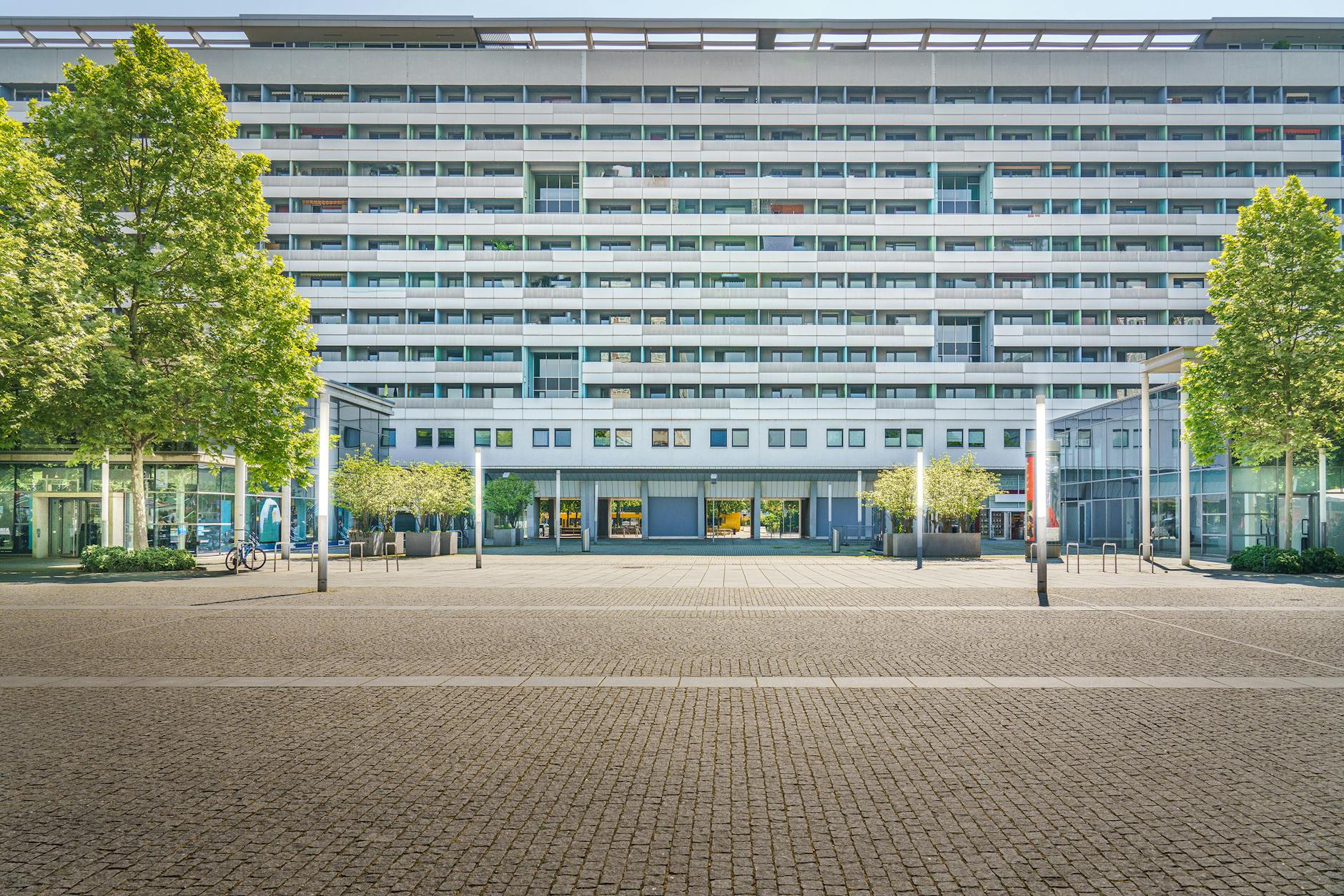How to Find the Best Commercial Real Estate Listings for Your Business Needs
How to find the best commercial real estate listings for your business needs
Finding the right commercial real estate property can make a significant difference in the success of your business. Whether you’re looking for office space, retail locations, or industrial warehouses, identifying listings that truly match your requirements is essential. The process involves more than just browsing listings; it requires a strategic approach, from understanding your specific business needs to evaluating location, budget, and property features. This article will guide you through practical steps and important considerations to help you narrow down the best commercial real estate options. By following these guidelines, you can save time, avoid costly mistakes, and secure a property that supports your business growth effectively.
Assess your business requirements
Before diving into available listings, it’s vital to have a clear understanding of your business needs. Consider factors such as:
- Type of property: Does your business require office space, retail frontage, or warehousing capabilities?
- Size and layout: How much square footage is essential for current operations and near-future expansion?
- Location preferences: Should the property be close to clients, suppliers, or public transportation?
- Budget constraints: What is your maximum budget for rent or purchase, including ongoing expenses like maintenance and taxes?
- Infrastructure needs: Do you need specialized facilities like loading docks, parking, or high-speed internet?
Recording these details in a checklist or spreadsheet will provide a framework for evaluating listings objectively, reducing distractions caused by properties that seem appealing but do not fit actual requirements.
Utilize multiple resources to discover listings
Relying on a single source for commercial property listings can limit your options. It’s important to explore diverse channels:
- Commercial real estate websites: Platforms like LoopNet, CREXi, and CoStar offer extensive databases searchable by location, size, and price.
- Local real estate agents and brokers: Experienced professionals have access to exclusive listings and market insights not always publically available.
- Industry-specific publications and networks: These might list properties suited for niche uses, such as medical offices or industrial parks.
- Public records and auction sites: Sometimes commercial properties are listed for sale through auctions or public notices.
Creating a comprehensive list by combining online tools, agent knowledge, and community networks increases your chances of finding a property that meets all criteria.
Evaluate property details and visit potential sites
Once you have a shortlist, conduct in-depth evaluations of each property. Important considerations include:
- Condition and age of the building: Newly renovated properties may reduce repair costs, while older buildings might require significant upgrades.
- Compliance with zoning laws and regulations: Verify that the property’s zoning aligns with intended business operations.
- Accessibility and visibility: High-traffic areas can boost footfall for retail, while easy loading access supports logistics.
- Lease or purchase terms: Review contract flexibility, duration, renewal options, and any hidden fees.
Visiting sites personally allows you to assess intangible factors like neighborhood atmosphere, parking availability, and potential for branding the location to attract customers.
Compare your options with a structured approach
When comparing multiple commercial properties, organizing key data in a table can provide clarity:
| Property | Location | Size (sq ft) | Price ($/month or sale) | Zoning/Usage | Key advantages | Concerns |
|---|---|---|---|---|---|---|
| Downtown Office A | City Center | 2,500 | 3,200/month | Office | High foot traffic; near public transit | Limited parking |
| Industrial Park B | Suburb | 10,000 | 1,800/month | Industrial | Ample loading bays; cost-effective | Far from city clients |
| Retail Strip C | Shopping District | 1,200 | 4,500/month | Retail | Excellent visibility; established area | High rent price |
This side-by-side evaluation helps prioritize listings based on weighted business priorities, such as location versus cost or size versus access.
Prepare for negotiation and final decision-making
After identifying the best candidates, approach negotiations equipped with knowledge and realistic expectations. Consider:
- Market trends and comparable properties to negotiate fair pricing.
- Seeking professional advice from commercial real estate attorneys to review contracts.
- Anticipating future business growth and ensuring lease or purchase agreements offer flexibility.
- Budgeting for additional costs such as security deposits, maintenance fees, and insurance.
Making an informed choice based on thorough research and negotiation safeguards your business against surprises and positions you for long-term success.
Conclusion
Identifying the best commercial real estate listing for your business requires a deliberate, structured approach. Beginning with a detailed understanding of your specific needs sets the foundation for the search. Leveraging multiple resources broadens the range of possibilities beyond standard online listings. Evaluating properties in person ensures you grasp crucial details not always apparent through descriptions alone. Utilizing comparative tools keeps the decision process organized and focused. Finally, careful negotiation guarantees favorable terms that align with your goals. By following these steps, you can find a commercial space that supports operations, fits your budget, and adapts as your business evolves—ultimately contributing to your enterprise’s growth and profitability.
Image by: Jakub Zerdzicki
https://www.pexels.com/@jakubzerdzicki
editor's pick
latest video
news via inbox
Nulla turp dis cursus. Integer liberos euismod pretium faucibua

